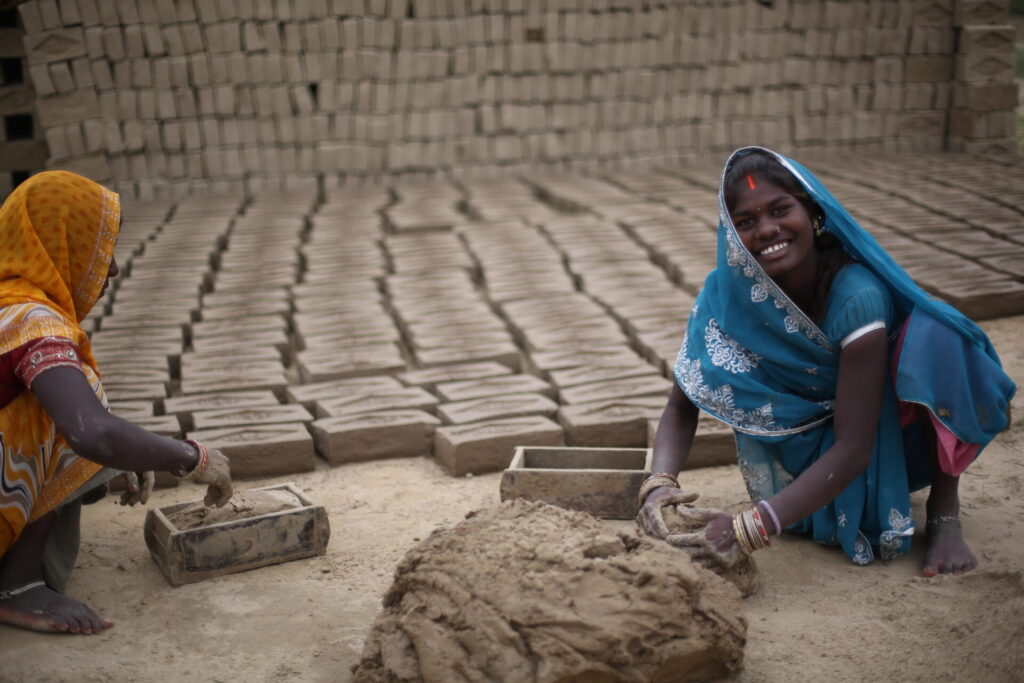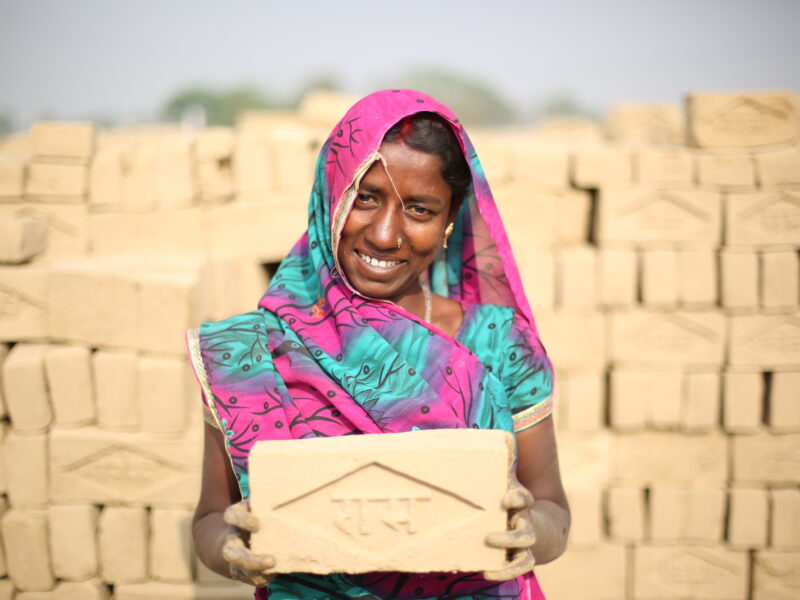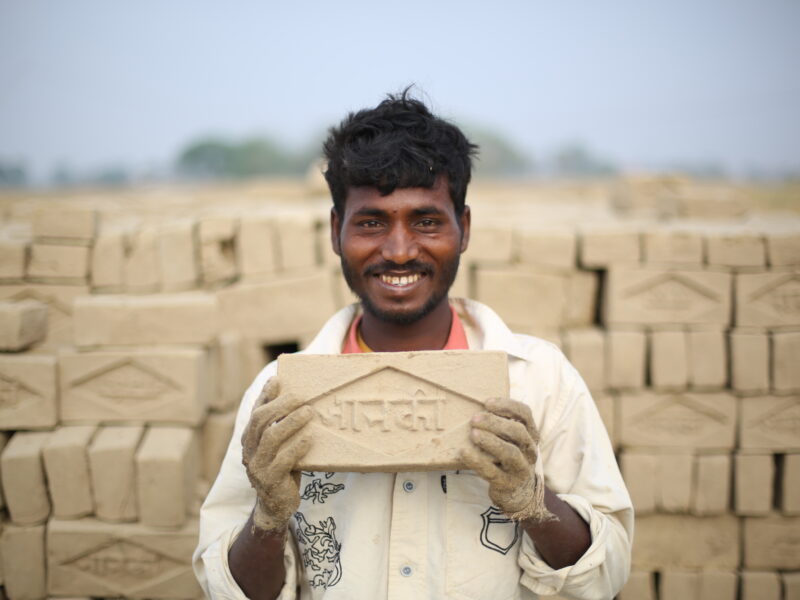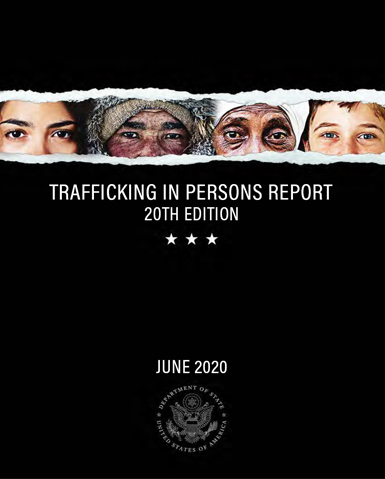
Modern Slavery
Human trafficking, also known as modern slavery, is a global crime and a major threat to international peace and security.
It undermines the rule of law and robs millions of their freedom and dignity. Illicit revenue gained from exploitation enriches domestic traffickers, international criminal networks, and terrorists.
According to the International Labor Organization, there are an estimated 25 million victims of human trafficking around the world. Victims can be men, women, and children, and are often hidden in plain sight in agricultural fields, construction sites, restaurants, massage parlors, hotels–even private homes.
Traffickers use coercion, including debt manipulation, threats of arrest, deportation, or violence against the victim and their family members, to force victims into modern slavery.
Building Freedom Brick by Brick
With the help of State Department grants, the Kukdaha villagers purchased a brick kiln and have gone from being coerced to work without pay to building their own homes and earning a living for their families.
To me, this brick means freedom.
Sanjafi, Slavery Survivor, India


With the help of State Department grants, the Kukdaha villagers purchased the brick kiln and have gone from being coerced to work without pay to building their own homes and earning a living for their families. (Free the Slaves/Cassie and Jordan Timpy)
Fighting for Freedom

The State Department’s Office to Monitor and Combat Trafficking in Persons leads America’s global efforts to stop human traffickers and protect victims.
The United States partners with other countries, international organizations, civil society, the private sector, and survivors to raise awareness of human trafficking, strengthen laws, prosecute those responsible, and help victims rebuild their lives.
To help achieve these goals, the State Department funds more than $125 million in foreign assistance programs in over 76 countries around the world.